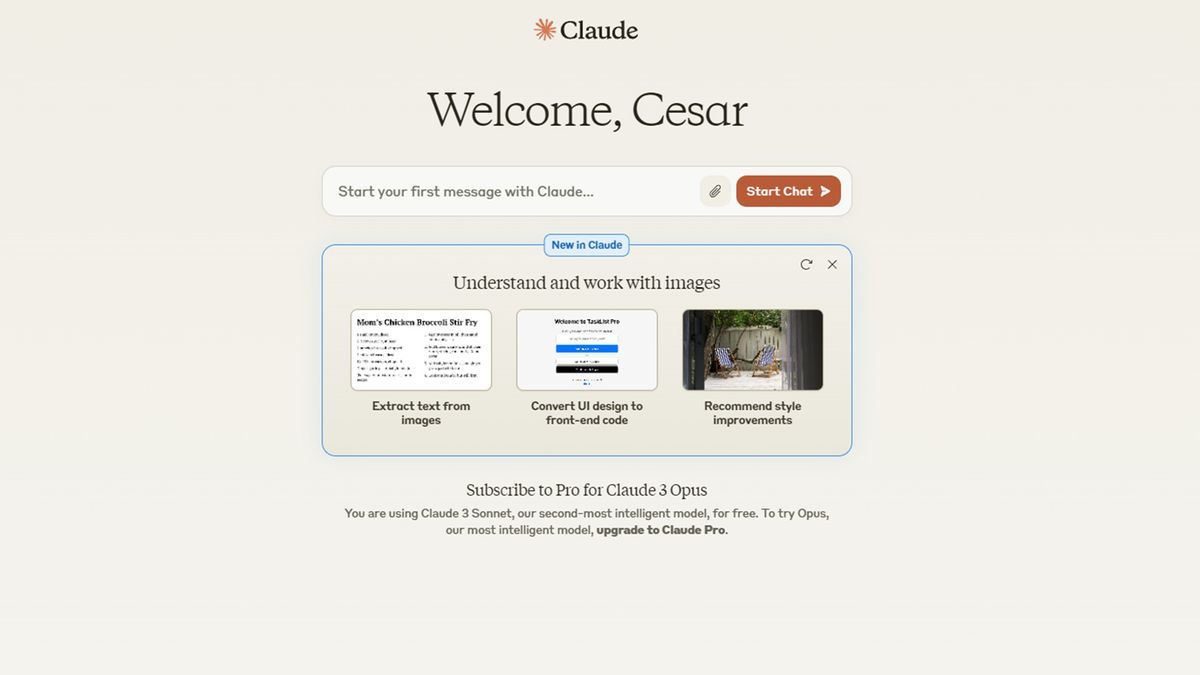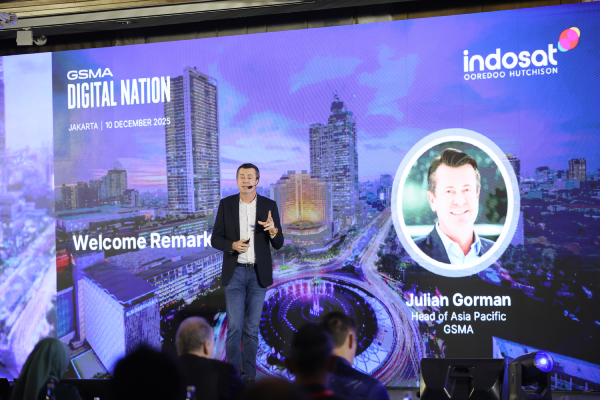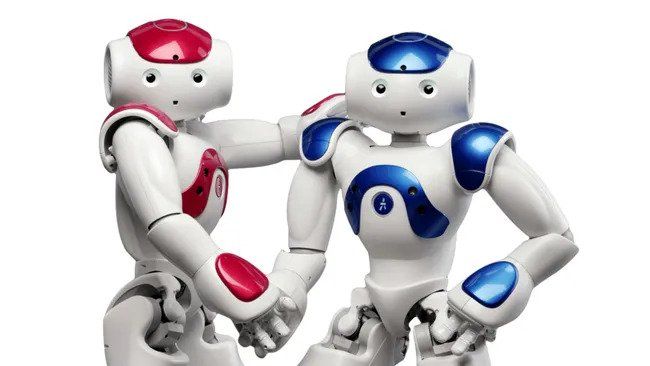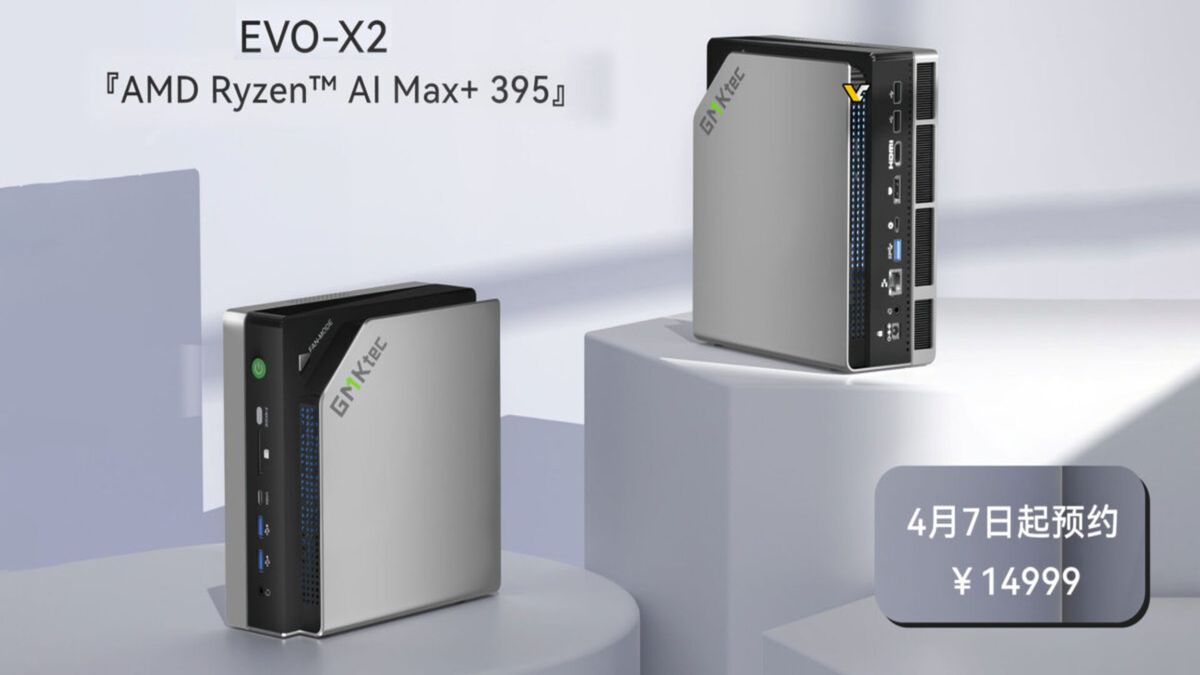Artificial intelligence company Anthropic is introducing its new “family” of Claude 3 models that it claims can outperform Google's Gemini and OpenAI's ChatGPT in multiple benchmarks.
This group consists of three AIs with varying degrees of “ability”. You've got Claude 3 Haiku at the bottom, followed by Claude 3 Sonnet, and then there's Claude 3 Opus as the top dog. Anthropic claims the trio delivers “powerful performance” across the board due to its multimodality, higher level of accuracy, better context understanding, and speed. What's also notable about the trio is that they will be more willing to answer difficult questions.
Anthropic explains that previous versions of Claude sometimes refused to answer questions that crossed the boundaries of the guardrails. Now, the Claude 3 family will have a more nuanced approach and their answers will allow them to answer those difficult questions.
Despite the overall performance increase, much of the announcement focuses on Opus as the best in all of these areas. They even go so far as to say that the model “exhibits almost human levels of understanding… [for] complex tasks.
Specialized AI
To test it, Anthropic put Opus through a “Needle in a Haystack” or NIAH assessment to see how well it can remember data. Turns out, it's pretty cool since the AI can remember information in near-perfect detail. The company goes on to claim that Opus is a fairly intelligent cookie capable of solving mathematical problems, generating computer code, and displaying better reasoning than GPT-4.
The technology is not without its quirks. Although Anthropic claims that its AIs have improved accuracy, there is still the problem of hallucinations. The responses produced by the models may contain erroneous information, although they are very small compared to Claude 2.1. Additionally, Opus is a bit slow when it comes to answering a question with speeds comparable to Claude 2.
Of course, this is not to say that Haiku or Sonnet are inferior to Opus, as they have specific use cases. Haiku, for example, is great for giving quick answers and getting insights “from unstructured data.” Also, it's not as good at answering math questions as Opus. Sonnet is a larger-scale model intended to help people save time on smaller tasks and even parse lines of “text from images,” while Opus is ideal for large-scale operations.
Changing the Internet
Both Sonnet and Opus are currently available for purchase, although there is a free version of Claude on the company's website. No release date was given for Haiku, but Anthropic claims it will be released soon.
As you can probably guess, the Claude 3 trio is intended more for businesses looking to automate certain workloads. Your experience with the group will likely come in the form of an online chatbot. Amazon recently announced that it will deploy Anthropic's new AI on AWS (Amazon Web Services), giving the platform's websites a way to create a custom Claude 3 model to meet the needs of brands and their customers.
If you're looking for a model suitable for everyday use, check out TechRadar's list of the best AI content generators for 2024.









